We interviewed Savitha to understand how she and her team used solar power to empower women in South India. The process? 1. Understand the problem 2. Develop a solution 3. Measure performance as people, planet, and profits
Socially responsible investing is building traction with individual and institutional investors. But, having a mandate doesn’t mean much if it is not executed well. It can be hard to identify companies that provide positive social impact AND a positive financial return. In many cases, one tends to weigh out one or the other. Orora Global is the exception. CEO of Orora Global, Savitha Sridharan, gives us the inside scoop on how she and her team have been able to craft the recipe that is just right. In an SPI Exclusive interview, Savitha tells the story of Orora and breaks down the necessary ingredients of an effective social enterprise. Investors looking for an SRI portfolio company can look no further and entrepreneurs looking to build a social enterprise now have access to the right cookbook.For Savitha’s story, please see below.
Tell us about Orora and how it all got started.
In rural markets across the globe, communities impacted by climate change are increasingly flipping their switch to solar power, the adaption being made more feasible by self-sustainable business models with creative financing solutions. Our story started during the Orora team’s travels around South India, when we identified one such district in the Tamil Nadu, South India — Tiruchirappalli (commonly referred to as Trichy). Agriculture continues to be the most predominant sector of this district economy. However, due to the extreme climate changes in the last few years, the river Kauveri has been drying up leaving the soil eroded and the local families that once relied on farming struggling to make their ends meet. As many men migrate to the nearby cities to find jobs, the domestic responsibilities including education of their children completely fall on the shoulders of the women. Most women who are caregivers in families are struggling with health issues that arise from burning fossils. The women also have no voice in the decision-making in their family or in the community as they are economically dependent. Overall the villages were evolving as unequal, unsustainable communities. Thanks to the innovative collaboration between Orora Global, Inc. and the women impacted by climate change in rural Trichy in South India, Orora has been successful in setting up Orora PowerHubs for solar technician training, solar productions, garment manufacturing and more that has helped provide employment opportunities for women and youth in clean energy, reducing the cost of solar installation, making renewable energy accessible and affordable for rural communities, which will also soon benefit from significant energy cost savings over time. Orora Global, Inc. is a social enterprise focussed on building sustainable communities using affordable renewable energy as a vehicle fueling social change. Orora’s programs are co-designed with the remote communities to bring more opportunities to local women and youth.Why was solar a good fit for Orora’s business model?
Caught in a vicious cycle of under-development, a powerful tool for the rural and remote populations to break out of cyclical poverty is access to reliable and sustainable sources of energy. Low incomes and low levels of development make unattractive markets for investment in electricity services. On the other hand, renewable power is booming, as innovation brings down costs and starts to deliver a sustainable source of clean energy without compromising on reliability. Clean technology provides a necessary platform to develop innovative solutions for manufacturing, education, healthcare, communication, transportation, food storage, water, and more, impacting the triple bottom line sustainability of the communities. Orora’s innovation, Orora PowerHub, is a ‘plug and play’ modular, solar-powered solution with configurable options for off-grid storage that can be installed into any remote community centers to adequately address the problem of unreliable electricity access. The Orora PowerHub can be customized for various applications like garment manufacturing, a computer center, cold storage unit, a hospital, or any such energy need in the rural communities. Orora’s first focus has been to set up Orora PowerHub for Garment Manufacturing to provide plenty of employment opportunities as garment workers for hundreds of women living in rural India and accelerate the economic empowerment of the communities, particularly post-COVID 19. Garment manufacturers currently use old-fashioned tailoring machines which are very laborious for women to use since they work 12 hrs every day, working 6-7 days a week. In a few garment manufacturing centers which use power machines, the women are unable to be productive because of their dependence on unreliable electricity and expensive diesel alternatives. Installing PowerHubs can help in achieving up to a ten-fold increase in productivity of the garment workers, increase in the profits generated by the garment manufacturing centers and drastically reduce the greenhouse gas emissions for the garment manufacturing center. For example, an Orora PowerHub powered by 3 KWatt solar panels can support up to 10 power sewing machines, providing employment to 20 garment workers per PowerHub and reducing the greenhouse gas emissions by 24.74 tons of CO2 over 5 years.As CEO and Founder of Orora, how do you measure and track performance?
Orora’s key performance indicators (KPIs) to build sustainable communities can be assessed in terms of 15 out of the 17 United Nations Sustainable Development Goals (UNSDGs). We measure and track performance of our programs in terms of :- Social Impact
- Number of jobs provided to garment workers, particularly women
- Organization Footprint across different geographies: Number of PowerHubs installed across communities in various countries
- Environmental Impact
- Reduction in Greenhouse Gas (GHG) emissions saved, measured in tons of CO2 compared to that of electricity or gas emissions
- Financial Impact
- Increase in revenue and productivity of the garment manufacturing PowerHub
- Energy savings achieved after installation of PowerHub
- Return on Investment and Profitability of each PowerHub over 5 years


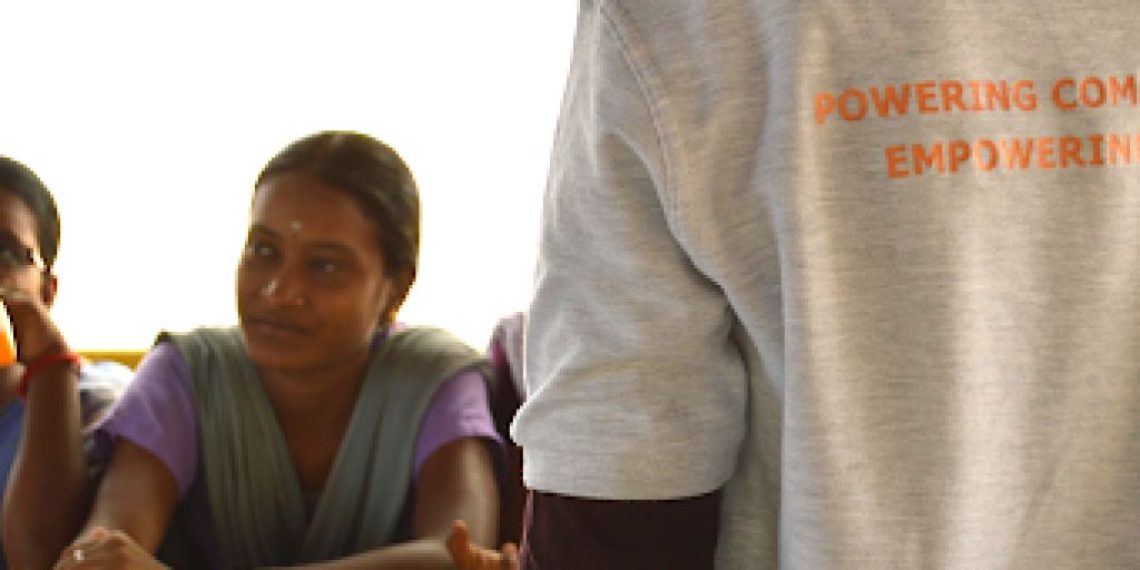
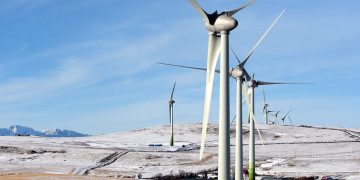
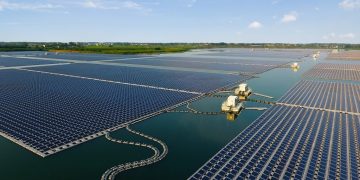
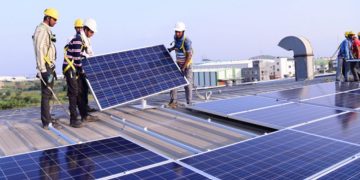

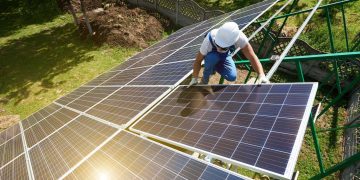


The first and the foremost appriciation to to Orora global is identifying the marketability among rural areas which forms 80% of our population.Any concept addressing in the technological advancements of these areas with natural resources like renewable energies and creation of opertunity for the rural development is a great farsightedness and the present generation getting in to this is a so sort of setting a road map for the future generations and particularly women empowerment.May all of us pray for bringing such uniform National Democracy,and Savitha sridharan as leader for such road map.